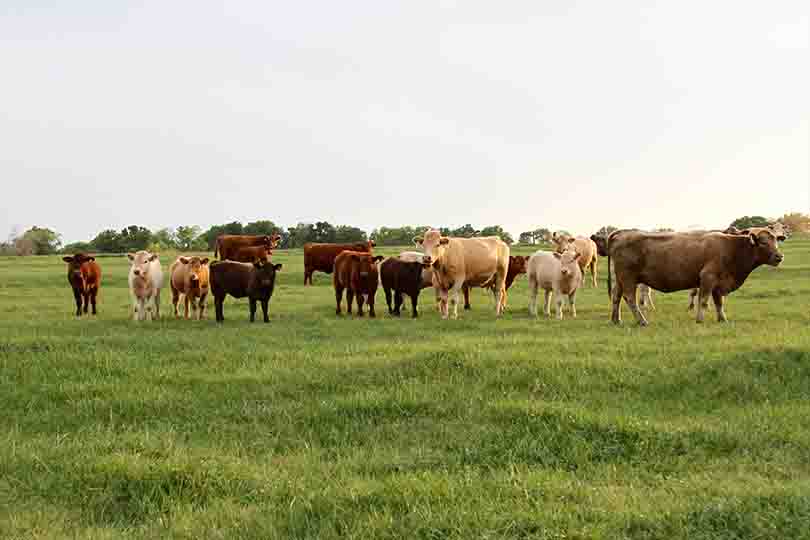Texas Farm Bureau (TFB) has requested the U.S. Department of Agriculture’s Animal and Plant Health Inspection Service (USDA-APHIS) withdraw the proposed rule that seeks to modify current bovine tuberculosis (TB) and brucellosis eradication regulations.
“The rule proposal takes a step away from 99 years of eradication efforts, while there is still work to do in certain areas of the U.S. and much of Mexico,” said Tracy Tomascik, TFB associate director of Commodity and Regulatory Activities.
In 2010, stakeholder working groups met and developed eight primary regulatory elements to guide the making of the new rule.
After six years when the USDA proposal was unveiled, it included additional international regulations, changed the eradication goal to a control program and shifted disease program funding from USDA to state agencies, among other concerns.
“Farmers and ranchers in Texas are already at an increased risk for disease exposure from imported cattle due to proximity to Mexico, porous borders, variable disease status of Mexican states and large imports of Mexico-origin feeder cattle,” Tomascik wrote. “The Texas cattle herd is the largest of all states and would have the greatest negative impact from disease spread and subsequent control efforts. Texas Farm Bureau continues to support eradication efforts of TB and brucellosis.”
USDA also wants to combine regulatory efforts for cattle, deer and bison for TB and brucellosis—two very different diseases—all under one rule.
TFB’s Animal Health Advisory Committee worked to identify primary concerns and issues the new rule would impose on livestock owners in Texas.
Committee chair Dr. W.J. Hill, DVM, believes the proposed rule could cause issues for Texas farmers and ranchers.
“If the new proposal doesn’t get reevaluated and fixed, it will lead to more confusion among farmers and ranchers. We would like to see it changed and made clear what is required for each species,” Hill said.
TFB, along with several other organizations and individuals, submitted comments on the proposed rule. A response from USDA-APHIS is expected by the end of the year.

